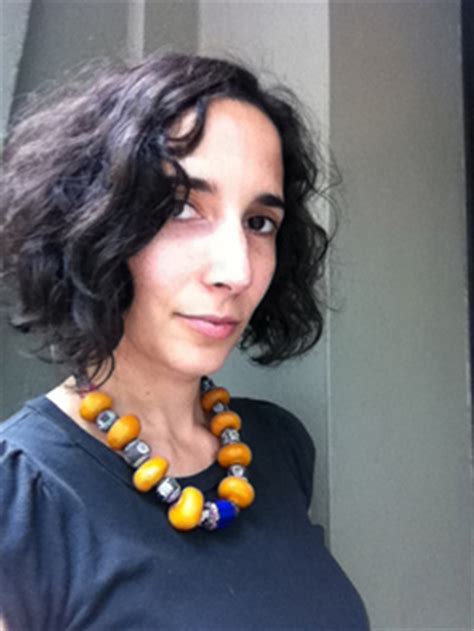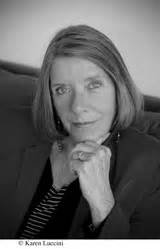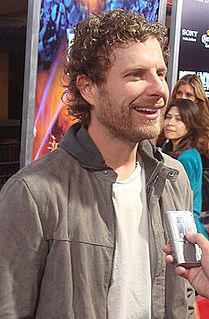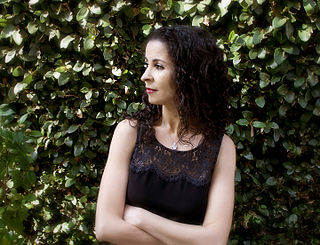A Quote by Emily Raboteau
I learned from James Baldwin that one can be a novelist, essayist, and activist, combined. That being critical of one's country is a way of loving it. That travel is crucial for perspective. That faith needn't be confined to organized religion.
Related Quotes
It was really always about bringing back [James] Baldwin's words in all their rawness, in all their impact - in the way he analyzes not only this country but also the history of this country, the images that this country is fabricating through Hollywood, and what consequence that has in our imagination.
Good girls like myself need subversion. Being solemn, I aspire to comedy. Being a novelist, I aspire to the musical. Being organized, I aspire to luminous chaos. Loving the power of grammar and the fine distinctions of language, I seek the part of the mind I didn't know was there, the part 'sheer,' 'no-manfathomed,' 'cliffs of fall.



































